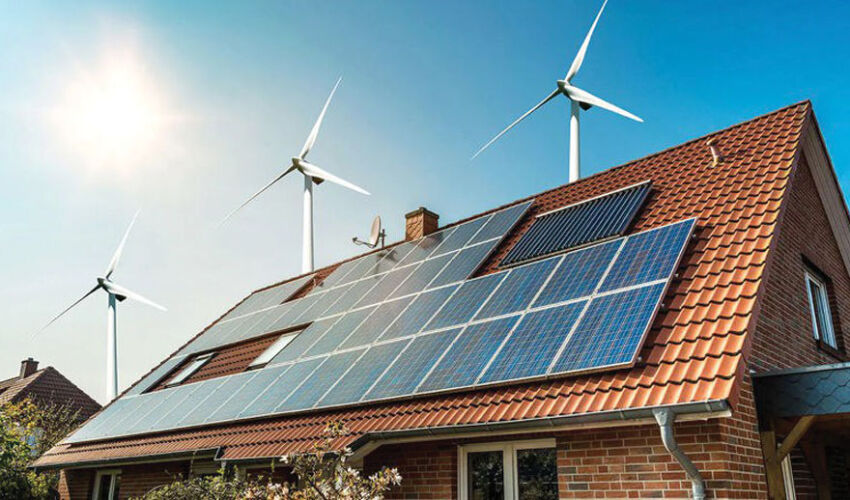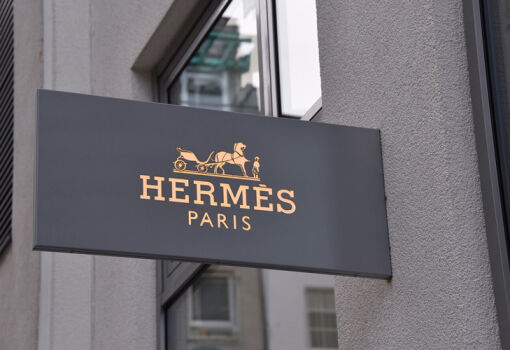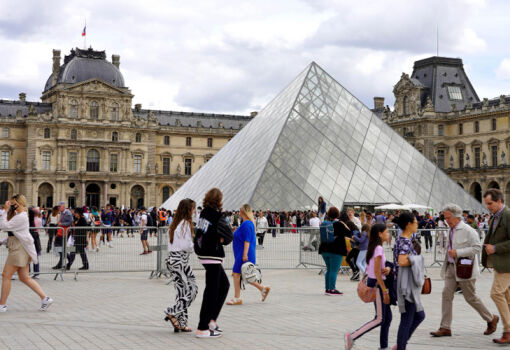
This is envisaged in the National Plan developed by the Ministry of Energy with the support of the Moldova Energy Security Activity (MESA) project. It is designed to last until 2030. The draft Government Decision on its approval has been submitted for public discussion.
Buildings are a central element of the energy efficiency policy, as they account for about 50% of final energy consumption and more than 50% of greenhouse gas emissions. Buildings with near-zero energy consumption should play a key role. Achieving the set parameters should be largely covered by renewable energy sources, including those produced locally or nearby.
In 2024, EU countries adopted the Energy Performance of Buildings Directive. It requires EU Member States to implement strategies to reduce average primary energy consumption in residential buildings by 16% by 2030 and by 20-22% by 2035. For non-residential buildings, the directive requires the renovation of 16% of the least efficient buildings by 2030 and 26% by 2033. Exceptions are allowed for certain categories of buildings, such as historic buildings and vacation homes.
In Moldova, for new buildings, mandatory compliance with NZEB parameters in design and construction is established by the law on energy efficiency (a new version came into force on April 27, 2025). But for existing stock buildings, owners should be motivated to achieve near-zero energy consumption during major renovations. Government intervention is required to incentivize the renovation of old buildings and their conversion into NZEB buildings.
Scenarios for the long-term renovation of the national real estate stock are presented in the relevant Industry Strategy, which is currently under development at the Department of Energy and will be put out for public consultation in 2025.
In order to implement the provisions of the Energy Efficiency Act in relation to NZEB buildings, the Ministry of Energy has submitted a list of proposals to the Ministry of Infrastructure and Regional Development to adjust the current regulatory framework in construction. Negotiations have also been initiated with development partners regarding technical and financial support for the implementation of the National Plan.
In addition, the increase in the number of buildings with NZEB characteristics will be supported through the financing program of the Fund for Energy Efficiency in the Residential Sector of Moldova (FEERM).
Experts warn that the new energy efficiency requirements will lead to a significant increase in the cost of constructing new buildings. It is still difficult to estimate exactly how much construction will become more expensive, but some estimates suggest that the increase could be as much as 20% or more.
Eugene Turcan, sales director of real estate agency Proimobil, told Logos Press that NZEB building requirements have already been introduced in Romania. According to the law it is prohibited to issue authorizations and put in apartments autonomous boilers. It is mainly practiced to install rooftop boilers. As for the NZEB requirements, they provide for certain sizes of windows, increased requirements for double-glazed windows, masonry materials, insulation of houses. And such measures lead to an increase in the cost of real estate. But the costs are subsequently significantly recouped in the process of operation, which is ultimately beneficial to the buyer.
“If we agree that the possible increase in price is 20%, then at the cost price of 1000 euros per square meter, the costs will increase by 200 euros per square meter. Assuming that the developer will slightly reduce the profit, for the buyer the price increase will be about 100 euros per square meter. And with the current heating and air-conditioning tariffs, these costs can be recouped in about 5-7 years”, – says Evgeny Tsurkan.

